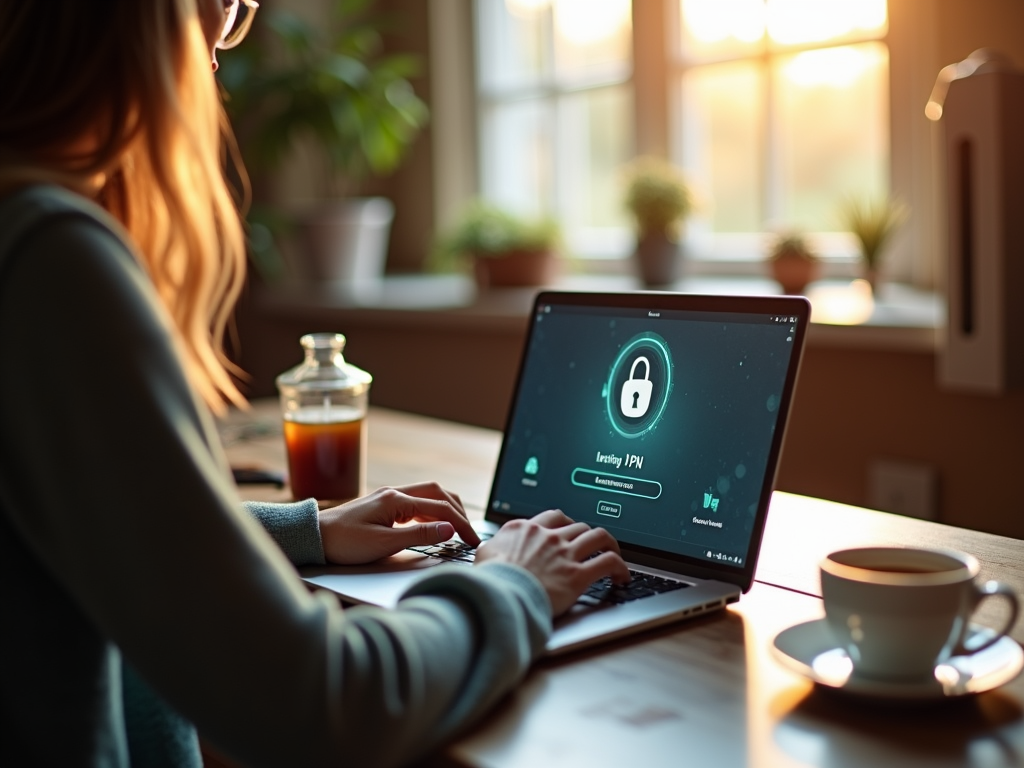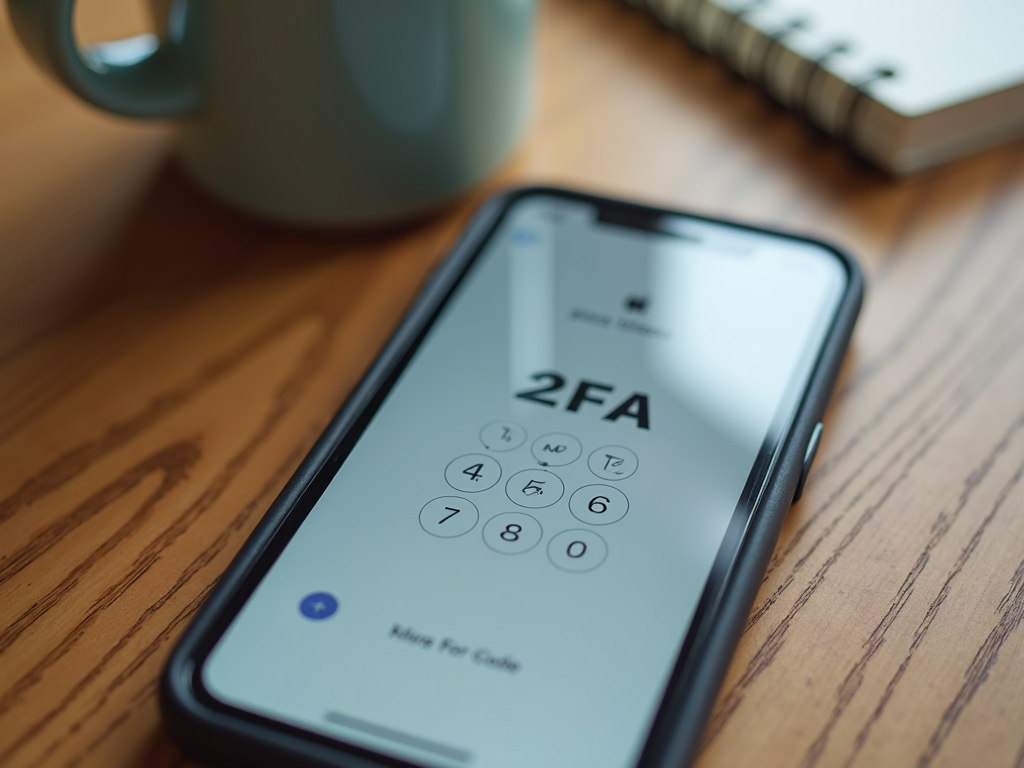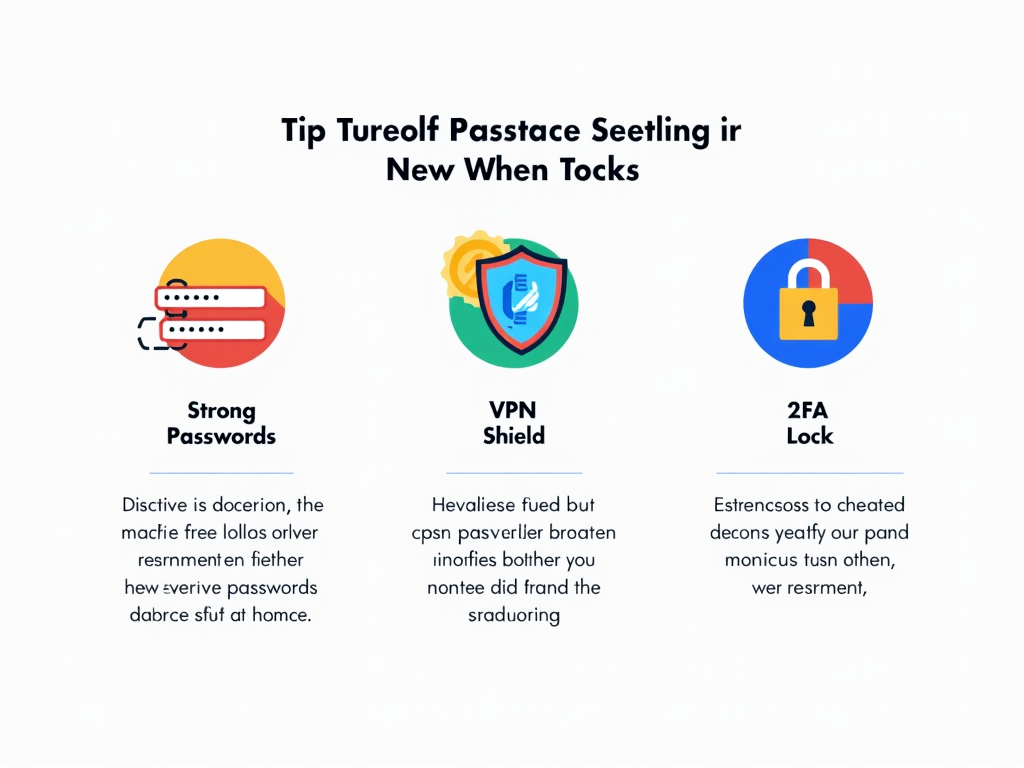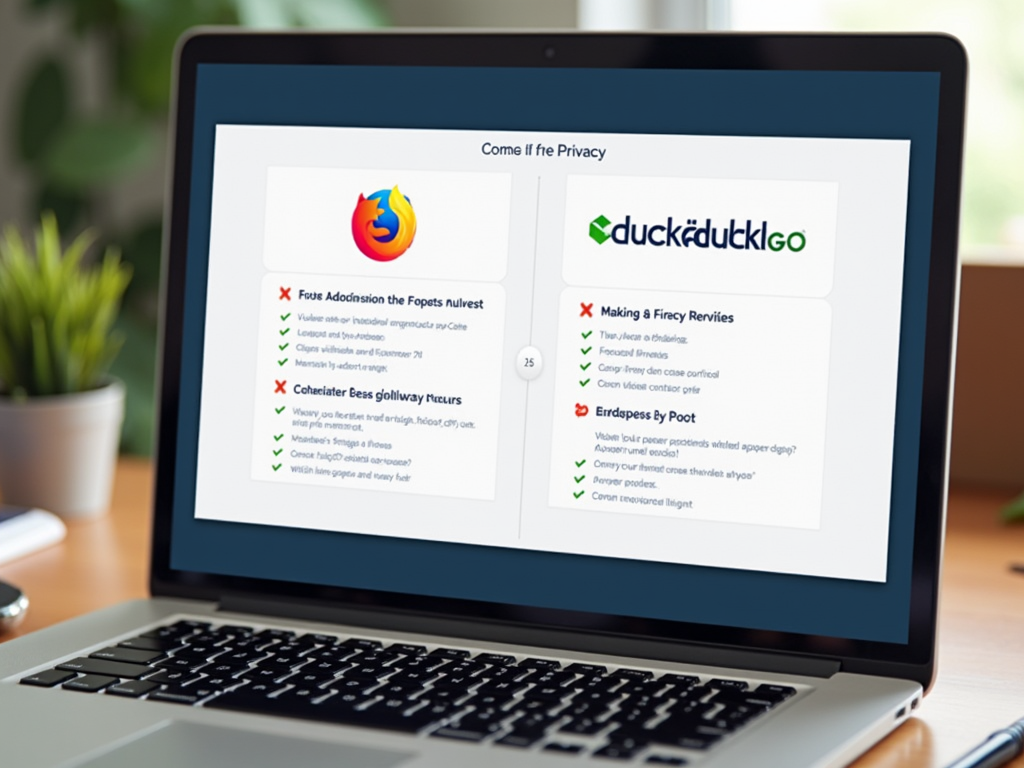Online Privacy Tools: Your Ultimate Guide to Staying Secure in a Digital World
Overview: In today’s digital age, protecting your online privacy is no longer optional—it’s a necessity. With data breaches and trackers lurking around every corner, tools like VPNs, encrypted messaging apps, and privacy-focused browsers can keep you safe. This guide dives deep into these solutions, offering practical tips and insights to secure your digital life.
Why Online Privacy Matters
Every time you browse the web, shop online, or chat with friends, you leave a trail of data. Hackers, advertisers, and even governments can use this information in ways you might not expect. I learned this the hard way a few years ago when a simple phishing email almost cost me my bank account. That experience pushed me to explore Online Privacy Tools and take control of my digital security. Privacy isn’t just about hiding—it’s about deciding who gets to know you and why.

Essential Online Privacy Tools
Let’s break down the tools that can shield you from digital threats. These are the ones I’ve tested and rely on daily:
- VPNs (Virtual Private Networks): These encrypt your internet connection and hide your location. I use a VPN whenever I’m on public Wi-Fi—like at a coffee shop—to keep my data safe from prying eyes.
- Encrypted Messaging Apps: Tools like Signal keep your chats private with end-to-end encryption. I switched to Signal after learning how easily regular texts can be intercepted.
- Password Managers: They create and store strong passwords for you. I used to scribble passwords on sticky notes—now, a password manager handles it all.
- Privacy-Focused Browsers: Browsers like Brave block trackers by default. I’ve noticed faster load times too, which is a bonus.
For a full list, check out Online Privacy Tools. Each tool tackles a different risk, making them a powerful combo when used together.
Two-Factor Authentication: Your Security Booster
Two-factor authentication (2FA) is like adding a deadbolt to your digital door. It asks for two things: your password and a second check, like a code sent to your phone. I started using 2FA after a friend’s email got hacked—her password was strong, but it wasn’t enough. Setting it up is simple:
- Go to your account’s security settings.
- Pick a method (I prefer authenticator apps over SMS).
- Use the code it gives you when you log in.
It takes an extra minute, but the peace of mind is worth it. Want more details? See Two-Factor Authentication Explained. According to NIST’s cybersecurity guidelines, 2FA can stop most unauthorized logins cold.

How to Protect Your Data When Using Online Tools
Even with the best tools, you’ve got to use them wisely. Here’s what I’ve learned from trial and error:
- Create Strong Passwords: Mix letters, numbers, and symbols. My old password was ‘Fluffy123’—now it’s something like ‘K9p$mJx!2’.
- Turn On 2FA: It’s a must for email, banking, and social media.
- Watch Out on Public Wi-Fi: I once logged into my bank at an airport without a VPN. Never again.
- Update Everything: Old software is an open door for hackers. I set my phone to auto-update.
- Share Less: I stopped posting my birthday online after learning how scammers use it.
These steps are simple but effective. The Electronic Frontier Foundation has great advice on locking down your data too.

Firefox Focus vs DuckDuckGo: A Privacy Showdown
Choosing a mobile browser can feel overwhelming, so I put Firefox Focus and DuckDuckGo to the test. Here’s what I found:
| Feature | Firefox Focus | DuckDuckGo |
|---|---|---|
| Tracker Blocking | Automatic, aggressive | Blocks third-parties |
| Search Privacy | Uses Google by default | No tracking searches |
| Ease of Use | Super simple | Search + browsing |
| Data Cleanup | Wipes after each use | Grades site privacy |
Firefox Focus is my go-to when I want a quick, clean slate—it erases everything when I close it. DuckDuckGo wins when I’m researching—it doesn’t track my searches, and I love the privacy grades it gives websites. For more, read Firefox Focus vs DuckDuckGo: which mobile browser is more private?. A Stanford study on browser privacy backs up how effective these tools are at blocking trackers.

My Take: Privacy Is Personal
Using these tools isn’t just about tech—it’s about feeling safe. After my close call with that phishing scam, I don’t take chances anymore. VPNs, 2FA, and private browsers aren’t perfect, but they’ve given me confidence to bank, shop, and connect online without looking over my shoulder. The best part? They’re easy to use once you get the hang of them.
Wrapping Up
Online privacy tools are your first line of defense in a world that’s always watching. From VPNs to 2FA, they help you stay secure without complicating your life. Pick what works for you—maybe start with a password manager or try DuckDuckGo for a week. Your data’s worth it. Dive deeper at Online Privacy Tools.